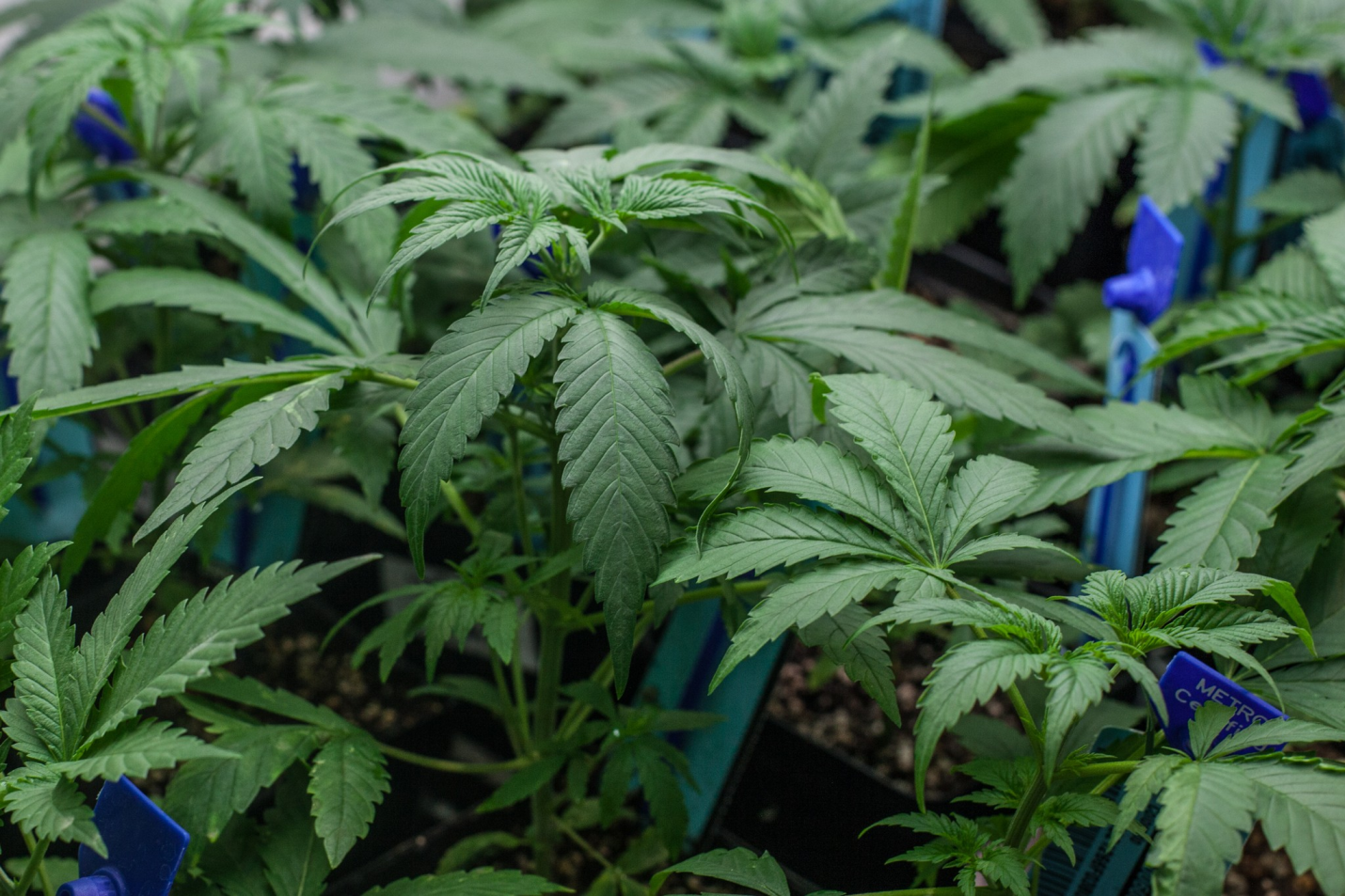Description
 Copyright infringement not intended
Copyright infringement not intended
Picture Courtesy: www.westword.com
Context: Jammu's CSIR-IIIM research suggests cannabis plant compounds (phytocannabinoids) may hold new antibiotic properties, offering a potential weapon in the global fight against antibiotic-resistant bacteria, a major health threat.
Details
- The CSIR-Indian Institute of Integrative Medicine (IIIM) in Jammu has conducted a study suggesting that certain compounds found in the cannabis plant, known as phytocannabinoids, may exhibit previously undiscovered antibiotic properties.
- This research is significant in the context of addressing the global health concern of antimicrobial resistance (AMR), where bacteria become resistant to the effects of antibiotics, leading to increased risks of disease spread, severe illness, and death.
Antimicrobial Resistance (AMR) Concern
- AMR is a major health concern worldwide, and India faces a significant burden.
- Bacteria develop mechanisms, such as biofilm formation and efflux pumps, to resist the effects of antibiotic medications.
Study's Focus and Target Bacteria
- The study focused on tetrahydrocannabidiol (THCBD), a semisynthetic phytocannabinoid derived from cannabis.
- Researchers tested THCBD against Staphylococcus aureus, a bacterium responsible for a substantial number of deaths due to AMR globally.
THCBD's Antibacterial Properties
- THCBD was found to exhibit antibacterial properties, particularly against methicillin-resistant Staphylococcus aureus (MRSA), a strain resistant to the last line of antibiotics.
- The study identified THCBD as a potential candidate for further investigation due to its effectiveness against different resistant strains of S. aureus.
Mechanism and Effects of THCBD
- THCBD was tested against bacterial cultures in the lab and demonstrated effectiveness against efflux pump overexpression and MRSA strains.
- In mice, THCBD was observed to significantly reduce the number of viable microbial cells in S. aureus skin infections.
- THCBD either complemented or was indifferent to the effects of other common antibiotics, suggesting potential combination therapy.
- THCBD was obtained through the extraction of cannabidiol from a cannabis plant and subsequent chemical processes involving hydrogen and palladium as a catalyst.

Challenges and Future Research
- Legal and regulatory constraints related to cannabis research were acknowledged, emphasizing the need for a unified national policy for cannabis research.
- The study emphasized the importance of establishing a comprehensive safety profile for THCBD and addressing solubility challenges before its potential use as a drug.
Potential Impact and Collaboration
- Despite challenges, the study is considered exciting and thought-provoking in the context of developing new therapeutics against AMR.
- Collaboration with other institutes and efforts to secure government authorization for cannabis research are deemed essential for further progress.
- Enhancing THCBD's properties and addressing solubility challenges are identified as important areas for future research.
Conclusion
- The study suggests that THCBD, derived from cannabis, could offer a new avenue for combating antibiotic-resistant bacteria. However, further research, collaboration, and regulatory support are needed to overcome challenges and establish its safety and efficacy for potential drug development. The findings also aim to contribute to policy discussions regarding cannabis research and its potential benefits in healthcare.
Must Read Articles:
Critically Important Antimicrobials: https://www.iasgyan.in/daily-current-affairs/critically-important-antimicrobials
CANNABIS: https://www.iasgyan.in/daily-current-affairs/cannabis#:~:text=The%20active%20ingredient%20of%20cannabis,to%20deal%20with%20cancerous%20diseases.
|
PRACTICE QUESTION
Q. How does the emergence and spread of antibiotic-resistant bacteria pose a significant challenge to public health, and what strategies can be implemented to address and mitigate this growing threat?
|
https://t.me/+hJqMV1O0se03Njk9





 Copyright infringement not intended
Copyright infringement not intended









